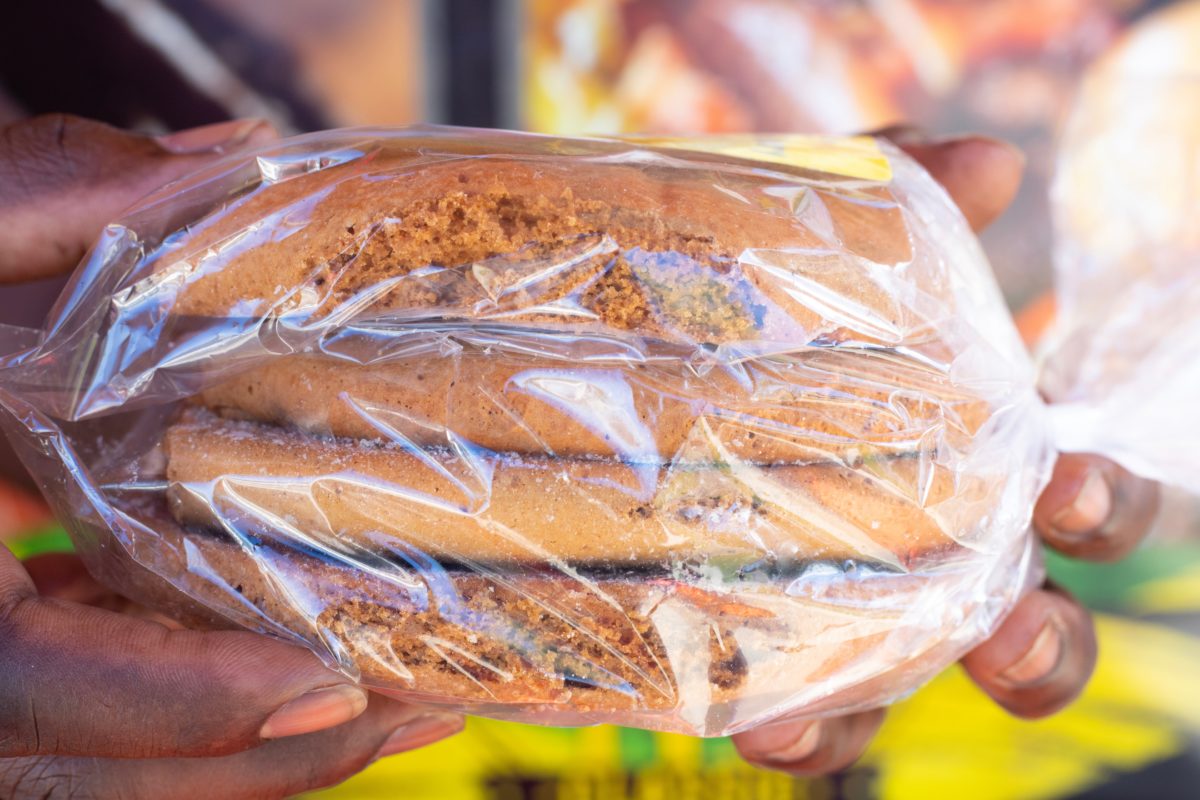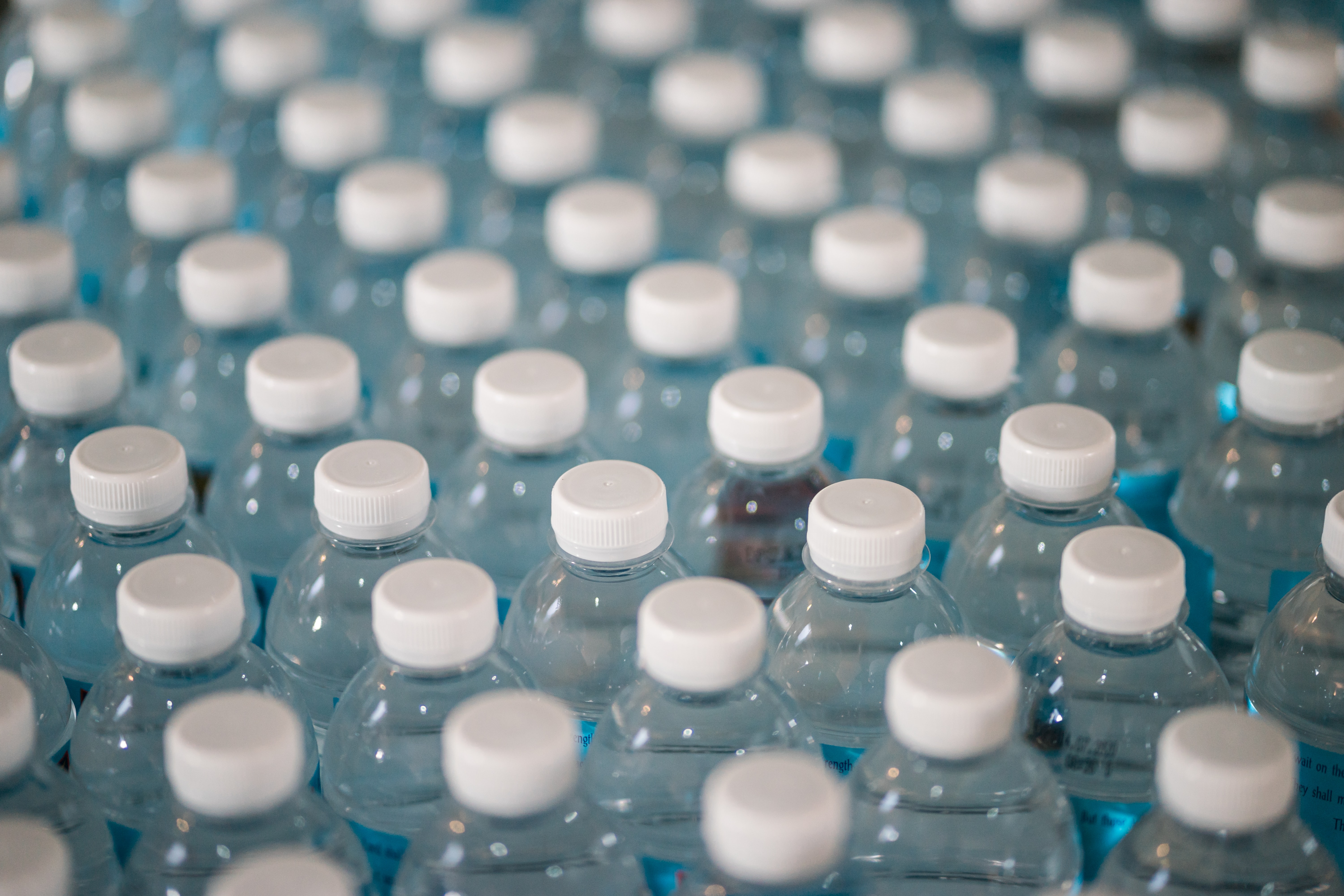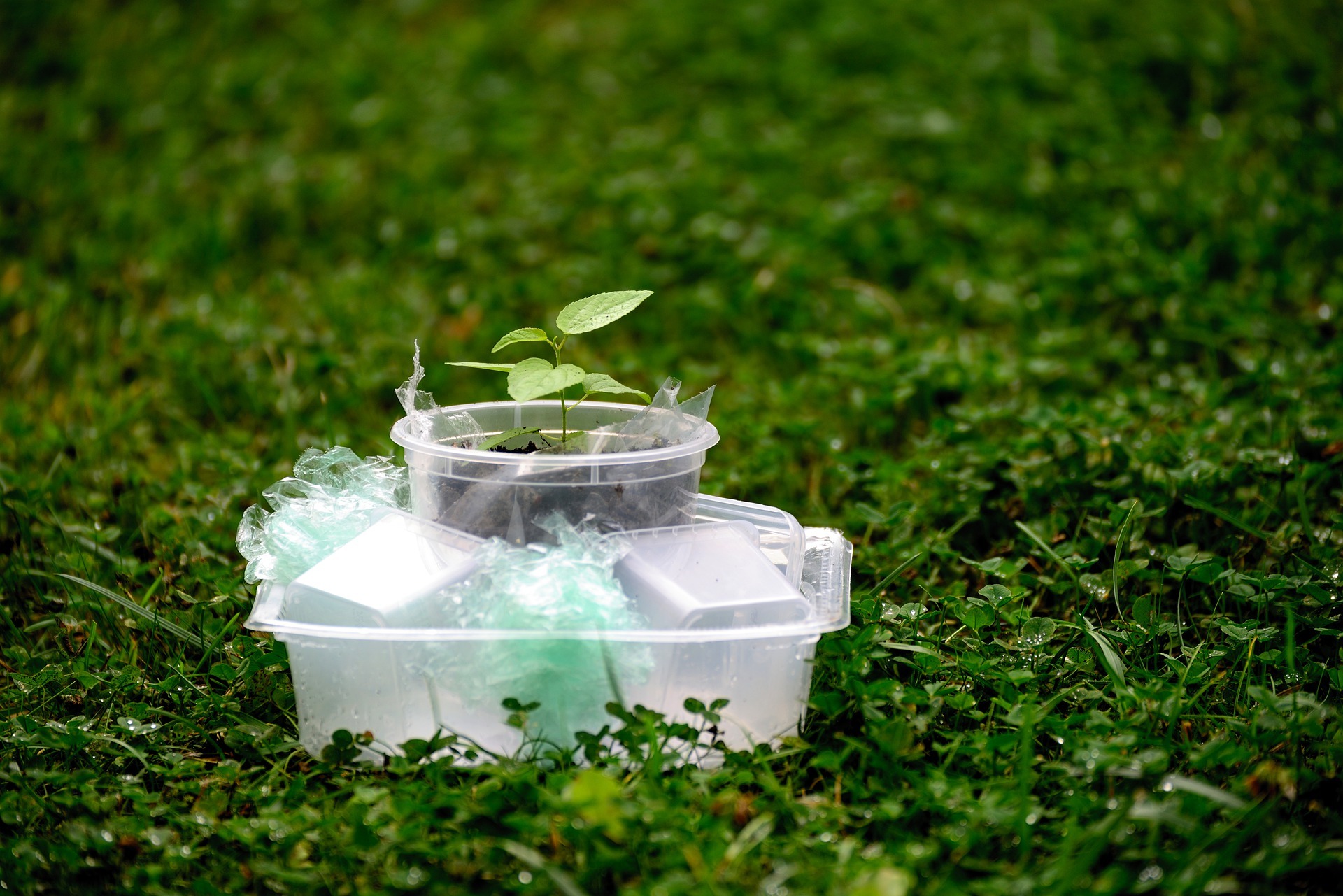When “plastic” rhymes with “ecologic”
What if plastic helped contribute to sustainable development?
Here are three concrete proofs that it can!
After centuries of successive innovations, the convenience of plastic as a material has made it an integral part of our everyday life. And yet its use is more than ever called into question: in the face of today’s environmental issues, the tendency is more towards banning plastic. But what if the characteristics of modern plastic actually enabled it to contribute to sustainable development, lower food wastes or increasing of composting ? This is already the case in food packaging.
Food waste : did you know ?
A THIRD OF ALL FOOD PRODUCED IS WASTED*
Food waste has tripled in 50 years. Today, 1.3 billion tonnes of edible food end up in the dustbin each year around the world: that’s 40 tonnes/second. The figure could reach 2.1 billion in 2030.
There is a lot at stake: if it were a country, food waste would be the third-largest source of greenhouse gas emissions. Under the circumstances, plastics and in particular plastic packaging offer an ideal solution for helping to reduce this mass of waste. Here are three ways plastic packaging can make a significant contribution to ecology!
1/ Reduce food waste
While combating overpacking/overwrapping is becoming an obvious step, and many people deplore this phenomenon, plastic packaging nevertheless helps prevent waste, especially when it concerns fresh food. One of the causes of food losses in developing countries is the lack of appropriate packaging and adequate transport solutions to protect food quality and freshness throughout the food journey** from its production site to its place of consumption. In a world where natural resources are limited (land, water, energy resources, fertiliser) and in which efficient solutions must be found to produce healthy, nutritious food for all, reducing food losses should also be a constant priority. Plastic packaging is perfectly suitable for foodstuffs in hygiene terms:
Extending food’s shelf life with plastic packaging
- Bananas wrapped in perforated plastic film stay fresh 2.4 times as long***
Given that over half of the food is wasted in homes, plastic packaging can help reduce this high level of wastage. This is because food stays fresh longer in plastic packaging. Beef’s shelf life can be extended by 5 to 10 days, if not longer, if we use the most advanced plastic packaging solutions.
Plastic protect food from contamination
Plastics protect food from contamination and act as a barrier against microbes, moulds and ultraviolet rays. Packaging also prevents physical damage, which is particularly important when transporting fragile fruit, for example.
2/ Help protect resources during goods transport
Because plastic is light, it can facilitate goods transport with lower greenhouse gas emissions than for glass or aluminium packaging.
Plastic packaging achieves greater results with fewer materials than packaging made with alternative materials. This saves energy, fuel and resources. By comparison with plastic, the emissions per portion for a glass container would be 164% higher for bottles of orange juice.****
Since plastic packaging is also resistant to moulds, heat and cold, this facilitates the choice of adequate storage and distribution solutions.
3/ Be useful, even after its useful life
In addition to being genuinely convenient in everyday life in many areas (such as health, aerospace, packaging, construction, automobile, sport, etc.), plastic packaging can also remain useful even after the end of its useful life. It can be recycled into new products or reused as energy. Today, even plastics that are difficult or impossible to recycle can have an environmentally-friendly, value-generating end-of-life: bioplastics such as PLA plastic can already be industrially composted. Avec Evanesto®, it will even be possible to enable domestic composting. In 200 days, faster than the decomposition of tree leaves swept up in the garden, plant-based plastic will disappear in your home composter without leaving any micro-particles and without any toxicity for your compost!
Plastic has already demonstrated its great capacity for change. Moreover, it is currently being repurposed for new uses, such as electronics and 3D printing. Because it enables a real freedom of development, the aim today is to find innovative solutions to give it the most respectful end-of-life possible and, in so doing, meet tomorrow’s challenges.
At Carbiolice, we are absolutely convinced that plastic can not only serve man’s interests but at the same time protect the planet! And this is why our 25 team members strive every day to design innovative, sustainable solutions that will improve the end-of-life repurposing of single-use plastics.
*Article « Les clés pour comprendre le gaspillage alimentaire », Science et vie, 24/10/2019
** Etude « Pertes et gaspillages » menée par L’organisation des Nations Unies pour l’alimentation et l’agriculture, pour le Congrès international Save Food, 2011
***The Value Of Flexible Packaging in Extending Shelf Life and Reducing Food Waste ”
****Analyse comparative de l’impact environnemental de plusieurs aliments emballés, Science of the Total Environment, Octobre 2019.
These articles may interest you
As plastic pollution has emerged as a significant societal concern, numerous international organizations, including governments, unions, industries, research centers, certification and standardization bodies, and others, are actively engaged in developing and adopting new materials, such as biodegradable and compostable polymers.
At the national level, legislation is being enacted to establish dedicated composting systems, with the objective of reducing the use of conventional plastics in single-use products and non-recyclable plastics. These efforts are manifested through standards and labels affixed to products, serving as evidence of their compliance.
Biodegradable bio-based plastics are emerging as a complementary solution to recycling in the fight against pollution. However, in a period where land and water are also becoming critical concerns on a global scale, what impact will the development of biosourced plastics production have on our farmland?
100% biosourced and biodegradable, PLA is one of the first renewable plastics capable of competing with conventional plastics in terms of both performance and environmental impact! Emitting three times less CO2 and already available on the market, PLA could well contribute to reconciling plastics with the planet. Find out everything you need to know about this bioplastic!


